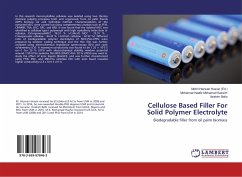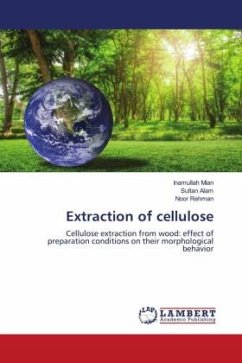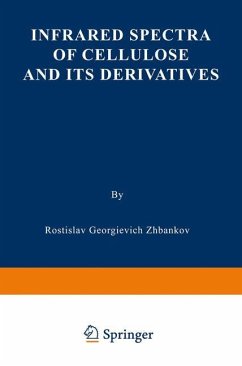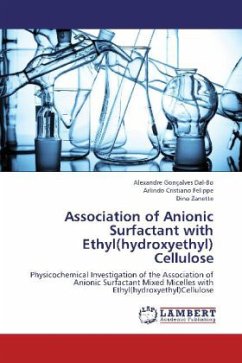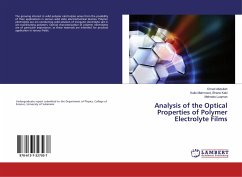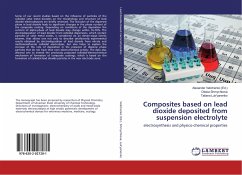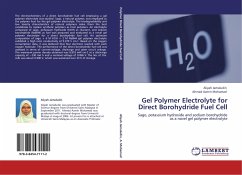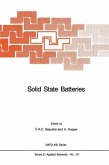In this research microcrystalline cellulose was isolated using two thermo chemical pulping processes Kraft and organosolv from oil palm fronds (OPF) biomass via acid hydrolysis method. Characterizations of the extracted MCC were carried out using complementary analysis such as FTIR, CP/NMR, TGA, DSC, GPC, and XRD. It was found that the isolated MCC was identified as cellulose type I polymorph with high crystallinity index than -cellulose (CrIorganosolvMCC :76.51 % CrIKraft MCC : 73.51 % , CrIorganosolv cellulose : 64.42 % CrIKraft cellulose : 62.52 %). Different ratio of biodegradable polymer electrolytes of MCC-PLA-LiTFSi were prepared by solution casting technique and the thin film was further analyzed using electrochemical impedance spectroscopy (EIS) and cyclic voltammetry (CV). A maximum conductivity was found to be 1.25 × 10-5 S cm-1 for 20 % LiTFSi with electrochemical stability window potential around 1.50 V.The optimize film BO5 (OMCC-PLA- 20 % LiTFSI) was used to study the effect of ionic liquids (BmimCl), and was further characterized using FTIR, DSC, and XRD.The optimize film with ionic liquid revealed higher conductivity (2.3 x 10-5 S cm-1).
Bitte wählen Sie Ihr Anliegen aus.
Rechnungen
Retourenschein anfordern
Bestellstatus
Storno

